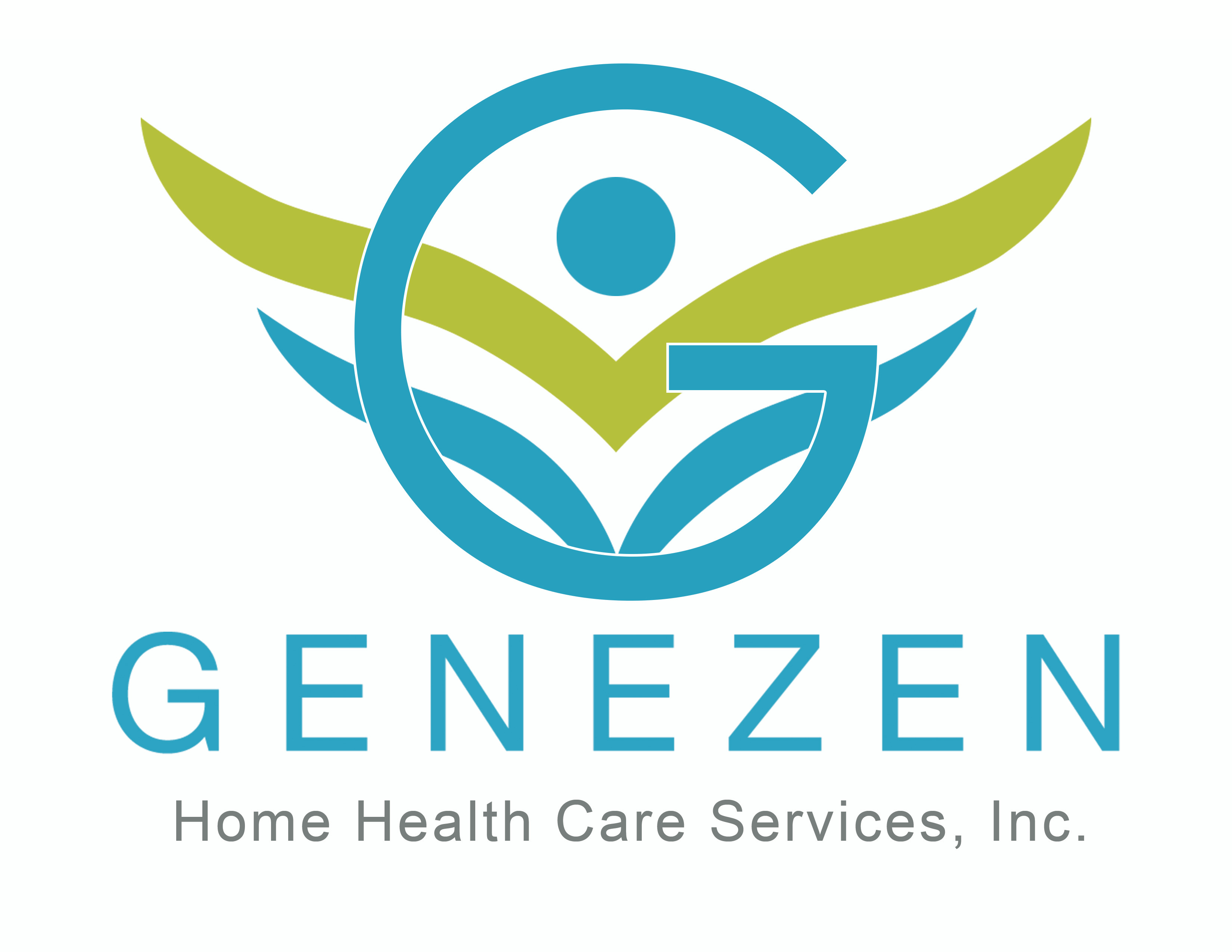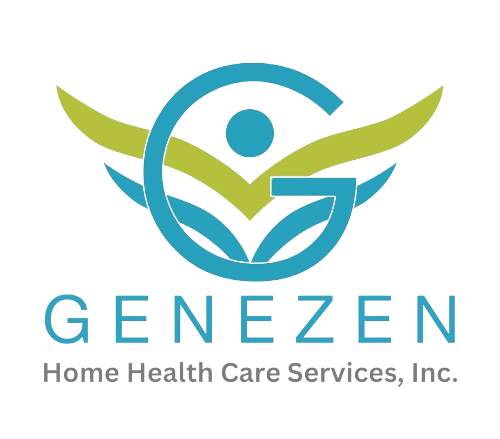When a loved one needs help at home, the pressure to act quickly can be overwhelming. Families often scramble to find care in the middle of a crisis—a hospital discharge, a sudden decline in health, or an accident. The result? Rushed decisions, mismatched services, and sometimes costly mistakes.
Home health care can be one of the most valuable investments you make for your loved one’s safety, comfort, and dignity. But finding the right provider requires more than a quick internet search. You need to know what to look for, what questions to ask, and—equally important—what pitfalls to avoid.
This guide explains how to find home health care the right way by highlighting common errors families make, practical solutions, and red flags to watch for. Whether you’re just starting to explore options or are about to hire a caregiver, this information will help you make confident, informed decisions.
Home Health Care: What It Really Means
Before diving into the mistakes families make, it’s essential to understand what “home health care” actually is.
Home health care is medical or therapeutic support provided in the comfort of a patient’s home. This can include skilled nursing, wound care, medication management, physical therapy, or monitoring of chronic conditions. It differs from home care, which typically focuses on non-medical support such as companionship, help with bathing, meal preparation, and errands.
Who benefits from home health care?
- Seniors with chronic illnesses who want to avoid frequent hospital visits
- Patients recovering from surgery, stroke, or injury
- Individuals with dementia or mobility challenges
- People requiring regular monitoring for diabetes, COPD, or heart disease
Why does it matter?
- Better quality of life: Care is delivered in a familiar environment, reducing stress and confusion.
- Lower hospital readmission rates: Professional care at home helps detect problems early.
- Peace of mind for families: You know your loved one is being cared for by qualified professionals.
- Personalized attention: Services are tailored to meet the unique medical and emotional needs of each patient.
- Greater independence: Patients can maintain daily routines and a sense of control while receiving professional support.
- Cost-effective alternative: In many cases, home health care can be more affordable than long-term hospitalization or facility-based care.
Types of services included:
- Skilled nursing care
- Medication management
- Physical, occupational, or speech therapy
- Wound and post-surgical care
- Personal care (bathing, dressing, hygiene) combined with medical oversight
Find Home Health Care: Common Errors Families Make

When emotions are high and decisions need to be made quickly, families often fall into avoidable traps. Here’s what to watch for—and how to steer clear.
1. Waiting Until a Crisis Hits
The mistake:
Many families delay searching for care until their loved one has a fall, medical emergency, or unexpected hospital discharge. In these moments, there’s no time for careful research—you end up choosing the first available provider rather than the best fit.
The fix:
- Start planning before your loved one needs help.
- Watch for early signs—missed medications, poor nutrition, or mobility issues.
- Have a shortlist of agencies or providers ready so you’re not making decisions under pressure.
2. Focusing Only on Cost, Not Quality
The mistake:
Families often look for the cheapest option, assuming all home health care is the same. Unfortunately, lower cost sometimes means less training, no insurance coverage, or unlicensed caregivers.
The fix:
- Compare value, not just hourly rates. A slightly higher rate may include skilled nursing, therapy services, or agency support that saves you money later.
- Ask about insurance coverage, Medicare benefits, and payment plans.
- Verify the caregiver or agency has proper licensing and liability insurance.
3. Skipping Background Checks and Verification
The mistake:
Hiring a private caregiver or small agency without checking credentials is risky. You may unknowingly bring someone into your home who lacks proper training—or worse, has no vetting at all.
The fix:
- Request certifications, professional licenses, and references.
- If hiring through an agency, ask about employee screening processes, fingerprinting, and drug testing.
- Use state resources to verify licensing for nurses or therapists.
4. Not Matching Caregiver Skills to Patient Needs
The mistake:
Families sometimes hire based on personality alone—choosing a friendly companion even when the patient requires medical expertise. For example, dementia care, wound management, or advanced medication schedules need specialized skills.
The fix:
- Make a list of your loved one’s medical and personal care needs.
- Ask the agency to provide caregivers with condition-specific experience.
- Ensure training in emergencies like low blood sugar, seizures, or falls.
5. Overlooking Communication and Care Plans

The mistake:
Some families assume everyone knows what to do, but without a clear plan, things fall through the cracks. Missed medications, inconsistent updates, and confusion about responsibilities are common.
The fix:
- Request a written care plan that outlines daily tasks, medications, and emergency contacts.
- Ensure the agency provides regular progress reports or check-ins.
- Use apps or care logs to track visits, vital signs, and any changes in health.
6. Ignoring Compatibility and Personality Fit
The mistake:
Even the most qualified caregiver can create stress if they don’t get along with the patient. Personality mismatches can make the home environment tense or uncomfortable.
The fix:
- Ask for a trial shift to see how the caregiver and patient interact.
- Include your loved one in the interview process whenever possible.
- Communicate preferences—such as language, cultural background, or approach to care.
7. Not Asking About Emergency Protocols
The mistake:
Families sometimes forget to ask what happens when the caregiver calls in sick, or how the provider handles sudden medical issues. Without backup plans, you’re left scrambling.
The fix:
- Ask agencies about 24/7 availability and replacement caregivers.
- Verify they have written emergency protocols for medical crises.
- Keep contact numbers readily accessible in case of urgent situations.
How to Choose the Right Home Health Care Provider

Now that you know the mistakes to avoid, it’s time to focus on what you should do to make a confident, informed decision. A structured, step-by-step approach ensures you choose a provider who offers both the right medical expertise and genuine compassion for your loved one.
1. Assess your loved one’s needs.
- Do they require skilled nursing or just personal assistance?
- Are there special conditions such as dementia or post-stroke recovery?
2. Decide between an agency or private caregiver.
- Agencies handle background checks, scheduling, and insurance.
- Private caregivers may cost less but require more oversight from you.
3. Verify credentials.
- Check state licensing databases for agencies and nurses.
- Confirm liability insurance and bonding.
4. Interview multiple providers.
- Ask about training, emergency protocols, and scheduling flexibility.
- Request references and call them.
5. Understand billing and contracts.
- Make sure you know what’s included in the rate.
- Avoid hidden fees by requesting everything in writing.
6. Involve your loved one.
- Ensure they feel comfortable and respected by the caregiver.
- Their input often determines whether the relationship succeeds.
Red Flags to Watch For

Even if an agency or caregiver looks impressive during the initial interview, it’s important to stay alert for warning signs that signal deeper problems.
- High staff turnover – If caregivers frequently leave the agency, it may indicate poor management practices, low employee satisfaction, or inconsistent quality of care.
- Lack of transparency – When pricing is unclear, service descriptions are vague, or documentation is missing, it’s a sign that the provider may be hiding critical details.
- Poor communication – Slow responses to calls, missed visits, or failure to provide timely updates can quickly erode trust and jeopardize your loved one’s safety.
- No backup caregivers – If the agency has no plan to provide a substitute when the primary caregiver is unavailable, your family could be left without support at a critical moment.
- Unwillingness to create a care plan – When a provider resists putting tasks and responsibilities in writing, it suggests disorganization and a lack of professional accountability.
Final Thoughts: Finding Care You Can Trust
Choosing the right home health care provider is about planning, not guessing. When you take the time to verify qualifications, ensure compatibility, and ask hard questions up front, you protect both your loved one and your peace of mind.
Avoiding common mistakes—like rushing during a crisis, hiring solely on cost, or skipping background checks—can save you stress, money, and heartache. Home health care isn’t just about providing services; it’s about creating a partnership built on trust, safety, and compassion.Choosing a reliable provider doesn’t have to be stressful—Genezen Home Health Care Services makes it simple to get compassionate, high-quality care without the guesswork. By partnering with us, families avoid the common pitfalls of hiring unverified caregivers or rushing into decisions during a crisis.
Our licensed team ensures every patient receives the right level of support, backed by clear communication, personalized care plans, and 24/7 reliability. To learn more about how we can help your loved one live safely and comfortably at home, contact us today at (949) 380-6930—the name you can trust for exceptional care.


